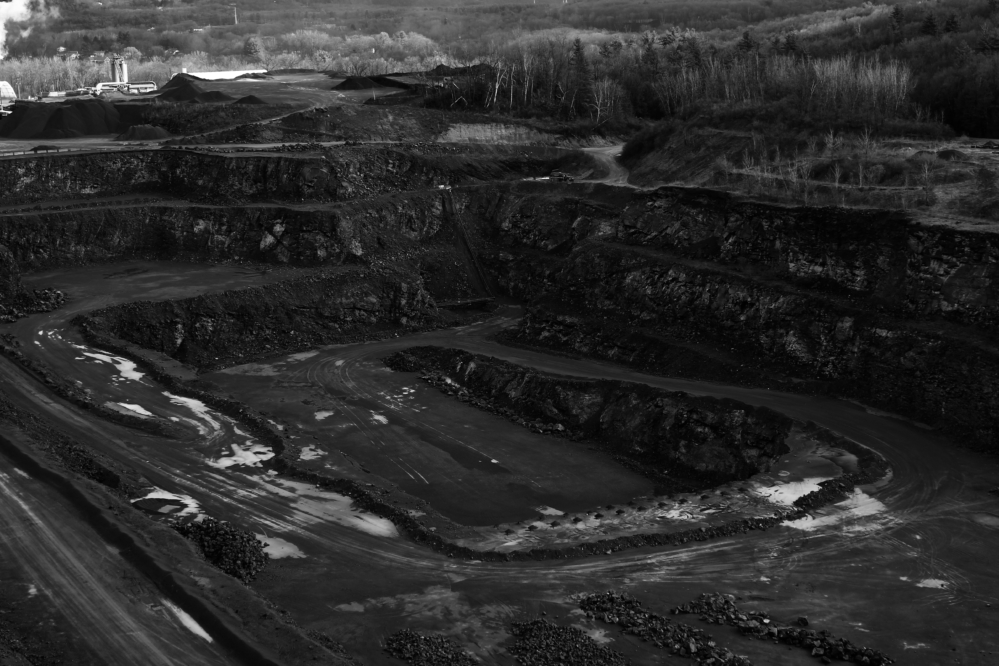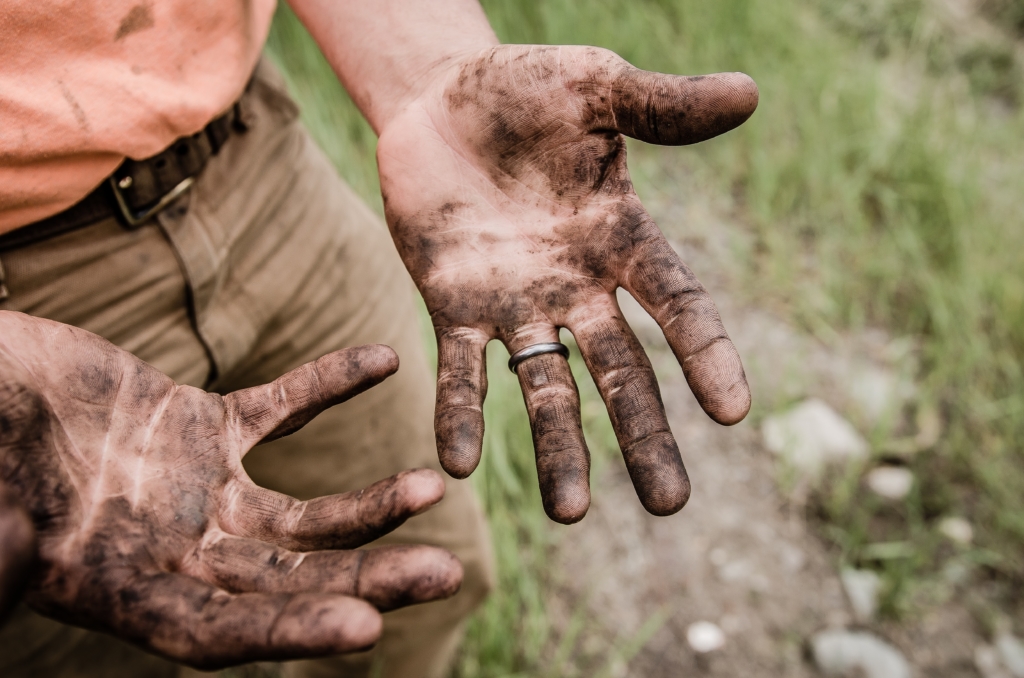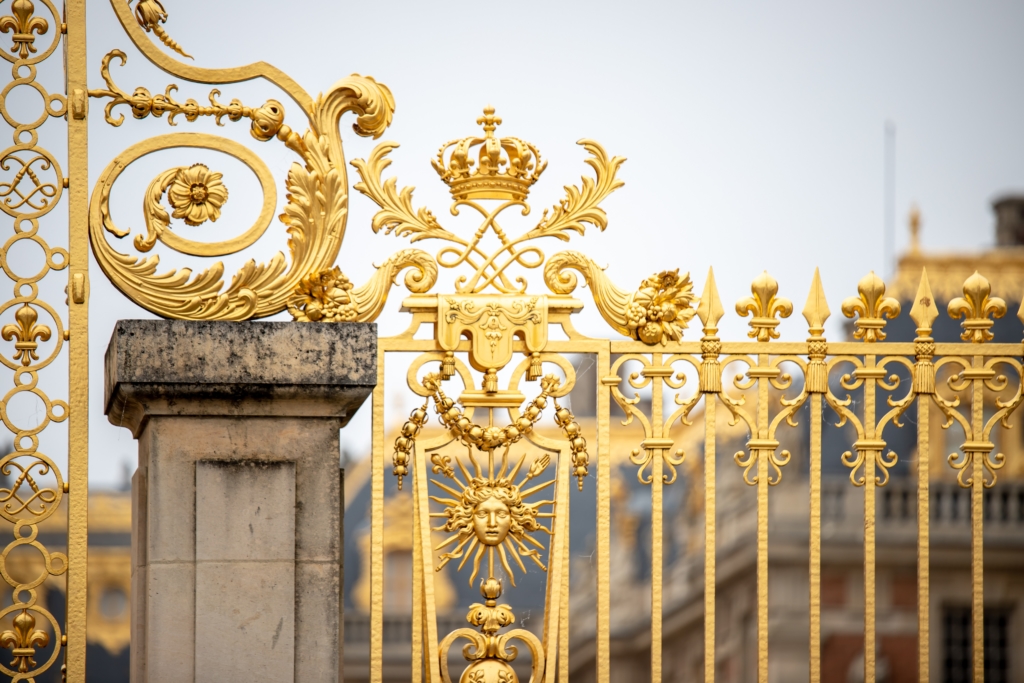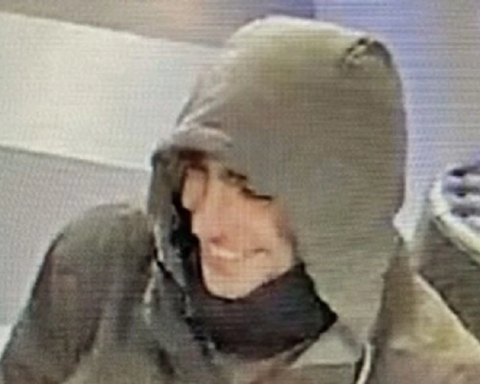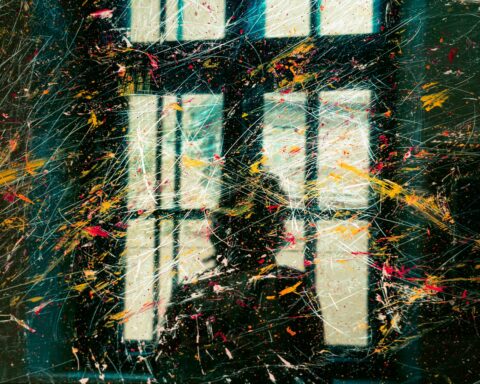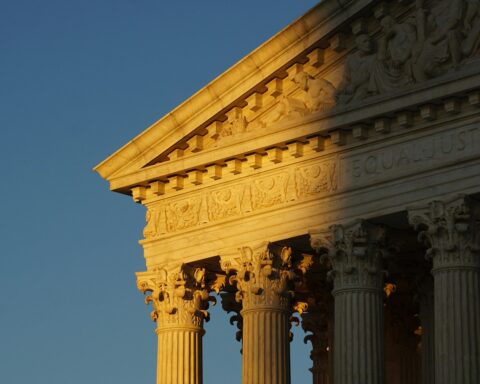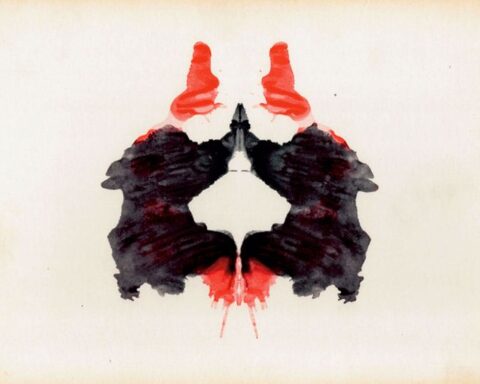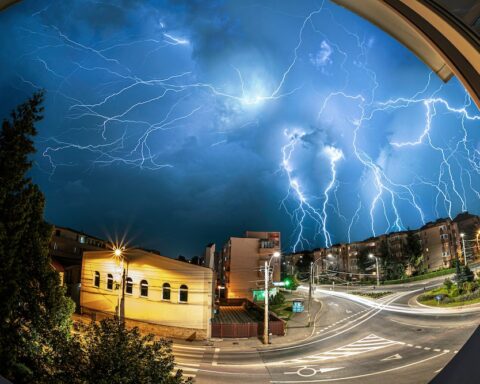44 and wasting, the coal miner says, “It’s like
somebody’s sitting on your chest all the time.”
He covers his nose and mouth with a mask.
The ventilator resumes its vigil.
Outside, the sun barely warms the Kentucky air,
as clouds rush to fill the coming night sky.
The miner, his body a pot-bellied skeleton,
reminisces about a short-lived youth when
he felt like a man, his willingness to make the
mine yield the wealth of its deepest crevices
a source of pride, the price steep as his lungs
coalesced with the dusty air—black lung.
His father and grandfather were hollow men
at 60 years of age. Thanks to technology, his digs
were deeper, deadlier. “You’ll die
to make other men rich,” his father said,
but $50 an hour and overtime meant he could
keep his promise to the woman he married.
Bitter this now, her meagre earnings,
five days a week steering a school bus,
are all that keep a tinny roof over their heads.
With little hope, he joins the vigil of stick men
outside the office of the senator who
doesn’t come home to Kentucky any more.
________
Beverly Lafontaine has published in a variety of poetry journals and anthologies, including Poets Reading the News, MORIA, Spillway, Beyond the Lyrical Moment, Blue Satellite, and So Luminous the Wildflowers.
________
Mitch McConnell challenger Amy McGrath Releases Blistering Ad in Kentucky: He ‘Left Our Coal Miners Behind’
[Newsweek]

